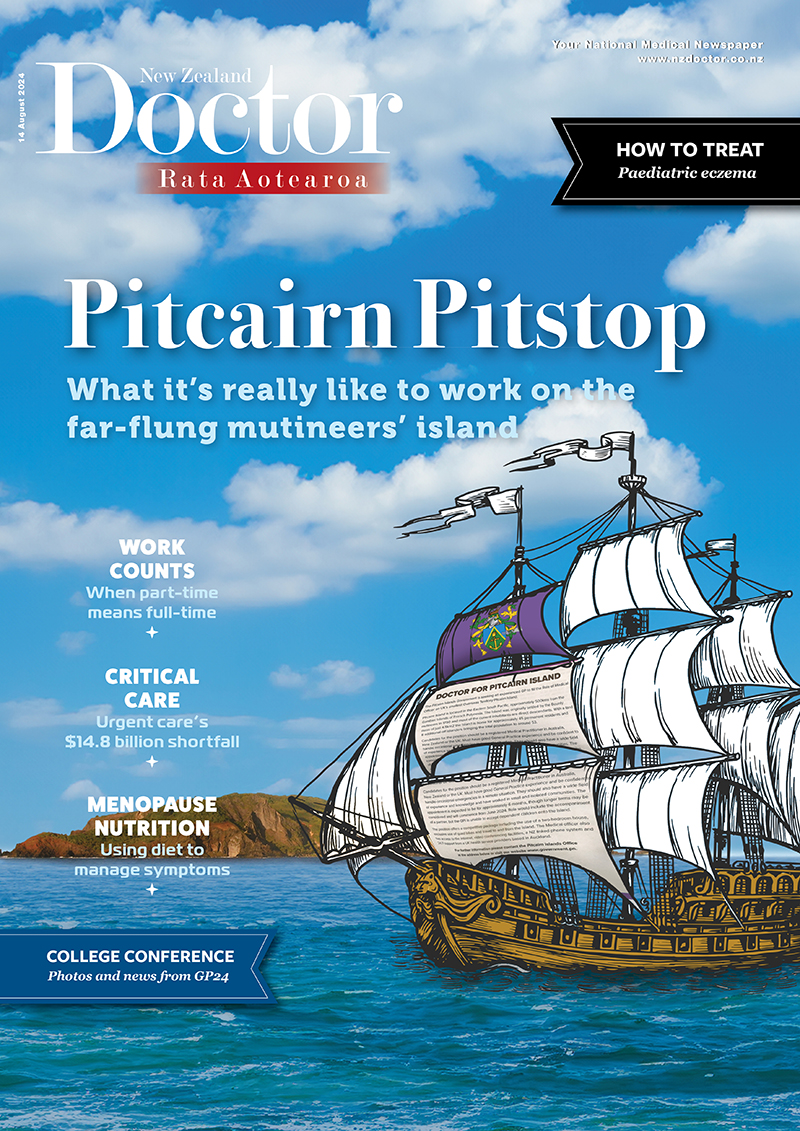Specialist GP Nikki Vadgama provides some tips to make your next paediatric eczema consult easier. She includes a review of new guidelines, resources, websites and medications for paediatric eczema management
Early recognition and response to sepsis in pregnancy key
Early recognition and response to sepsis in pregnancy key

Severe sepsis in pregnant women could be reduced with earlier recognition and response, says a report by the Maternal Morbidity Working Group (MMWG).
The MMWG is a sub-group of the Perinatal & Maternal Mortality Review Committee (PMMRC). It is notified whenever a woman is admitted to a high dependency unit (HDU) or intensive care unit (ICU) while pregnant, or within 42 days of the end of the pregnancy. By reviewing these cases the MMWG aims to reduce the frequency and severity of serious illness in pregnant women.
This year the MMWG’s annual report is focused on sepsis, a leading cause of serious illness in pregnant women globally. Sepsis is a life-threatening condition that occurs when the body responds to an infection by attacking its own organs and tissues.
Key findings from the report included:
from 1 September 2016 to 31 August 2017, 469 women were admitted to HDUs or ICUs
sepsis was the third most common reason for admission (14 percent), behind postpartum haemorrhage (33 percent), and hypertension, eclampsia or pre-eclampsia (27 percent)
of the 32 out of 67 cases of sepsis that were reviewed, earlier recognition and response could have reduced the severity of the illness in 50 percent of them
Pacific and Asian women were over-represented among women admitted to an HDU or ICU compared with non-Pacific and non-Asian women
the MMWG did not find a statistically significant difference between the admission rates for Māori women compared with non-Māori women.
The MMWG co-chair John Tait says early recognition and response to sepsis is key.
‘Sepsis can be challenging to identify early on, as symptoms can be subtle and can mimic other conditions or symptoms of pregnancy,’ says Mr Tait.
The report’s findings suggest pregnant women should seek help earlier than they usually would if they are feeling unwell or have early signs of infection.
‘It’s also crucial for clinicians to recognise early signs of sepsis,’ says Mr Tait.
‘Our report finds a key theme was a lack of recognition and response to sepsis across a range of services and specialities, including GPs, emergency departments, midwives, nurses and other medical staff.’
Among the recommendations in the report is for multidisciplinary teams to receive regular training in how to recognise and treat sepsis in pregnant or recently pregnant women.
The report also calls for the National Maternity Monitoring Group, which advises the Director-General of Health, to prioritise the development of national guidelines for the management of sepsis in pregnancy within the next three years.
To support clinicians and women to recognise the signs of sepsis, the MMWG has developed resources on the symptoms of sepsis, which include key steps that should be completed within the first hour of diagnosis.
‘This can reduce the severity of a woman’s condition,’ says Mr Tait.




